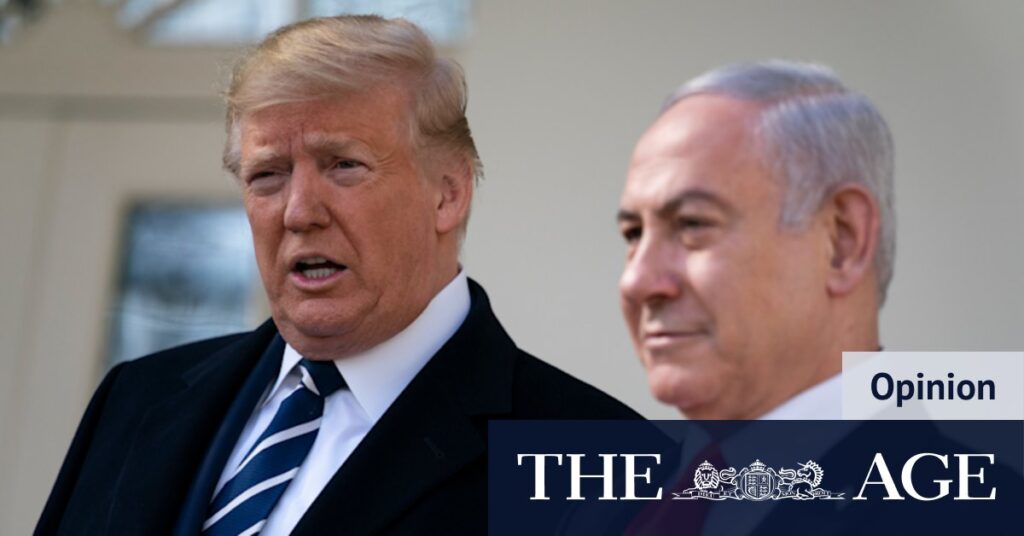
Though a peace deal has been struck between Israel and Iran, the ceasefire still hangs precariously in the balance. This development comes as a significant concern for Israeli Prime Minister Benjamin Netanyahu, whose decision to engage in conflict with Iran is now viewed as a grave miscalculation. This conflict has not only allowed Iran to showcase its retaliatory capabilities but has also exposed Israel’s vulnerability and deep dependence on the United States.
Initially, the US and Israel appeared to be in lockstep, with both President Donald Trump and Prime Minister Netanyahu exchanging mutual praise following US airstrikes on Iranian sites such as Fordow, Natanz, and Isfahan. However, the dynamics quickly shifted when President Trump publicly declared that the US had entered the conflict to “save Israel,” criticizing the Israeli Defense Forces for breaking the ceasefire. He bluntly stated to the media that neither Iran nor Israel “know what the f— they’re doing.”
Historical Context and Strategic Missteps
The announcement comes as a stark reminder of the complex geopolitical landscape in the Middle East. Historically, Israel has relied heavily on the United States for military and diplomatic support. This reliance became particularly evident during the recent conflict, as Israel’s strategic decisions appeared to hinge on US involvement. Netanyahu’s government, by initiating the conflict, seemingly underestimated the potential for escalation and the limits of US support.
Experts point out that this is not the first time Israel has found itself in a precarious position due to its dependence on US policy. The 1973 Yom Kippur War serves as a historical parallel, where US support was crucial to Israel’s survival. However, the current situation differs significantly due to the changing nature of US foreign policy under the Trump administration, which has been marked by unpredictability and a transactional approach.
Expert Opinions and Strategic Implications
According to Dr. Miriam Feldman, a Middle East policy analyst, “The recent conflict has underscored the risks of over-reliance on a single ally, particularly one with shifting foreign policy priorities.” She adds that Israel must reassess its strategic partnerships and consider diversifying its alliances to ensure national security.
Meanwhile, the international community watches closely as the ceasefire holds tenuously. The potential for renewed hostilities remains a significant concern, with implications not only for regional stability but also for global diplomatic relations. The European Union and other international actors have urged both Israel and Iran to exercise restraint and engage in dialogue to avoid further escalation.
Looking Forward: The Path to Stability
The move represents a critical juncture for Israeli foreign policy. As Netanyahu navigates the aftermath of the conflict, the emphasis will likely be on rebuilding trust with the United States while exploring new diplomatic avenues. The Israeli government may also face domestic pressure to reconsider its approach to regional threats and alliances.
In the coming months, the focus will be on maintaining the fragile peace and preventing any resurgence of violence. The international community’s role in facilitating dialogue and ensuring compliance with the ceasefire agreement will be crucial. As Israel reflects on its strategic decisions, the lessons learned from this conflict may shape its future foreign policy and defense strategies.
Ultimately, the situation serves as a stark reminder of the complexities of international alliances and the delicate balance of power in the Middle East. The implications of Israel’s dependence on the United States will continue to resonate, influencing both domestic and international policy decisions in the years to come.







